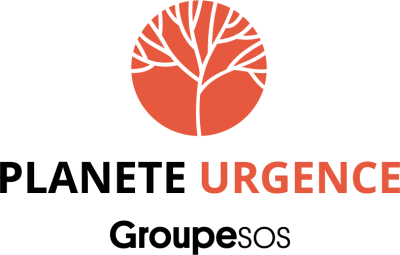
Your Voice Matters!
Help us shape our reforestation journey by choosing the project we'll champion for the next 3 years.
Context
At ATS Euromaster, we believe in helping our planet breathe easier and that supporting reforestation is one of the most effective ways to do this. Reforestation helps to reduce the effects of climate change, but also provides habitats for wildlife, promoting biodiversity and contributing to the overall health of our ecosystems. Since 2024, we have been supporting the NGO Planète Urgence in its projects to give people the means to preserve forests and biodiversity. We are renewing our partnership for the next three years to support a specific reforestation project.
The vital role of natural forests
Natural forests are essential carbon sinks for absorbing CO2. Deforestation significantly reduces this capacity, with dramatic consequences for people and their environment: it considerably reduces carbon sequestration capacity and also leads to an increase in CO2 emissions released when the forest is burnt.
Protecting forests is essential for preserving biodiversity and supporting the billions of people who depend on them for their essential resources.
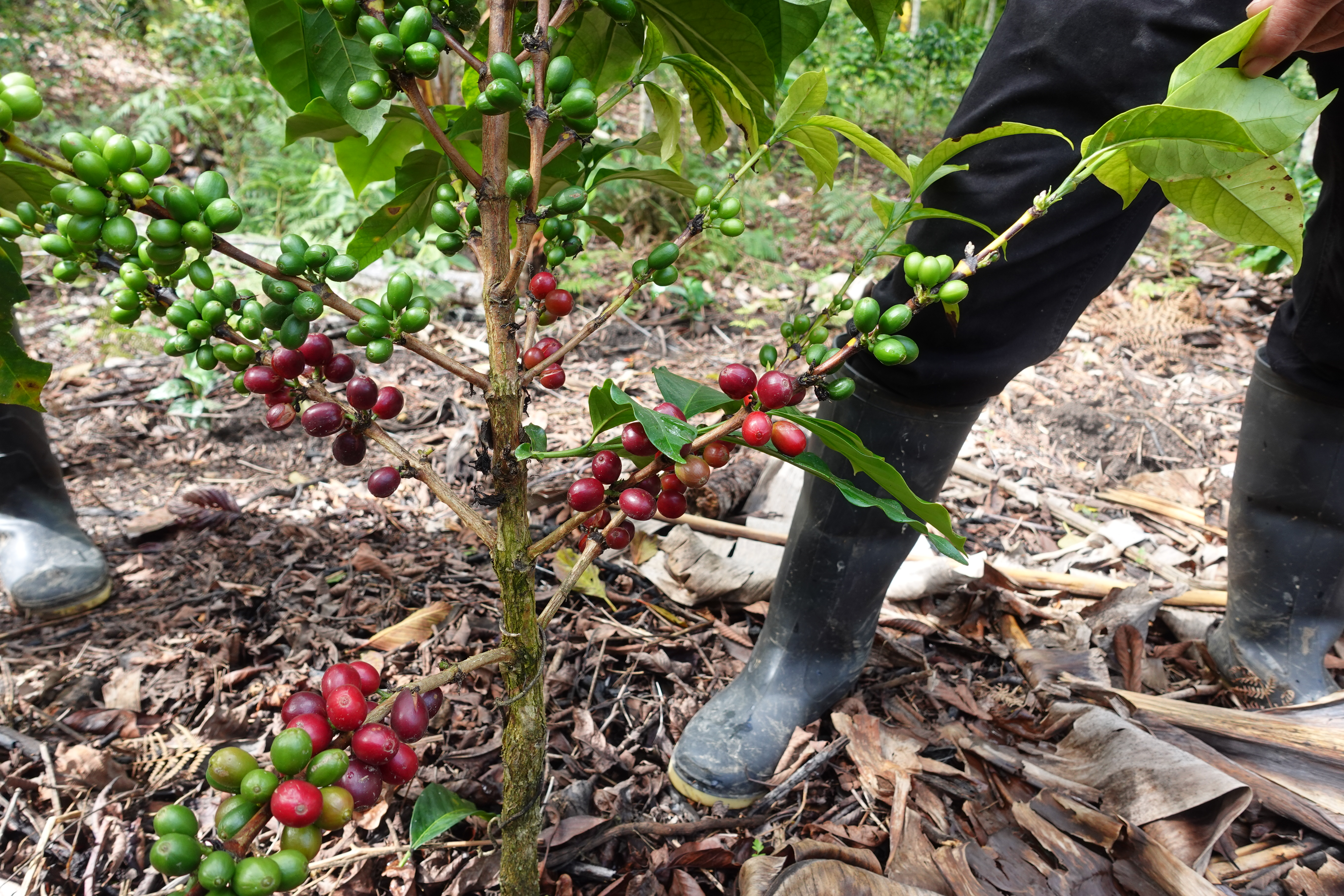
Shade-Grown coffee production and preservation of the Amazon Rainforest
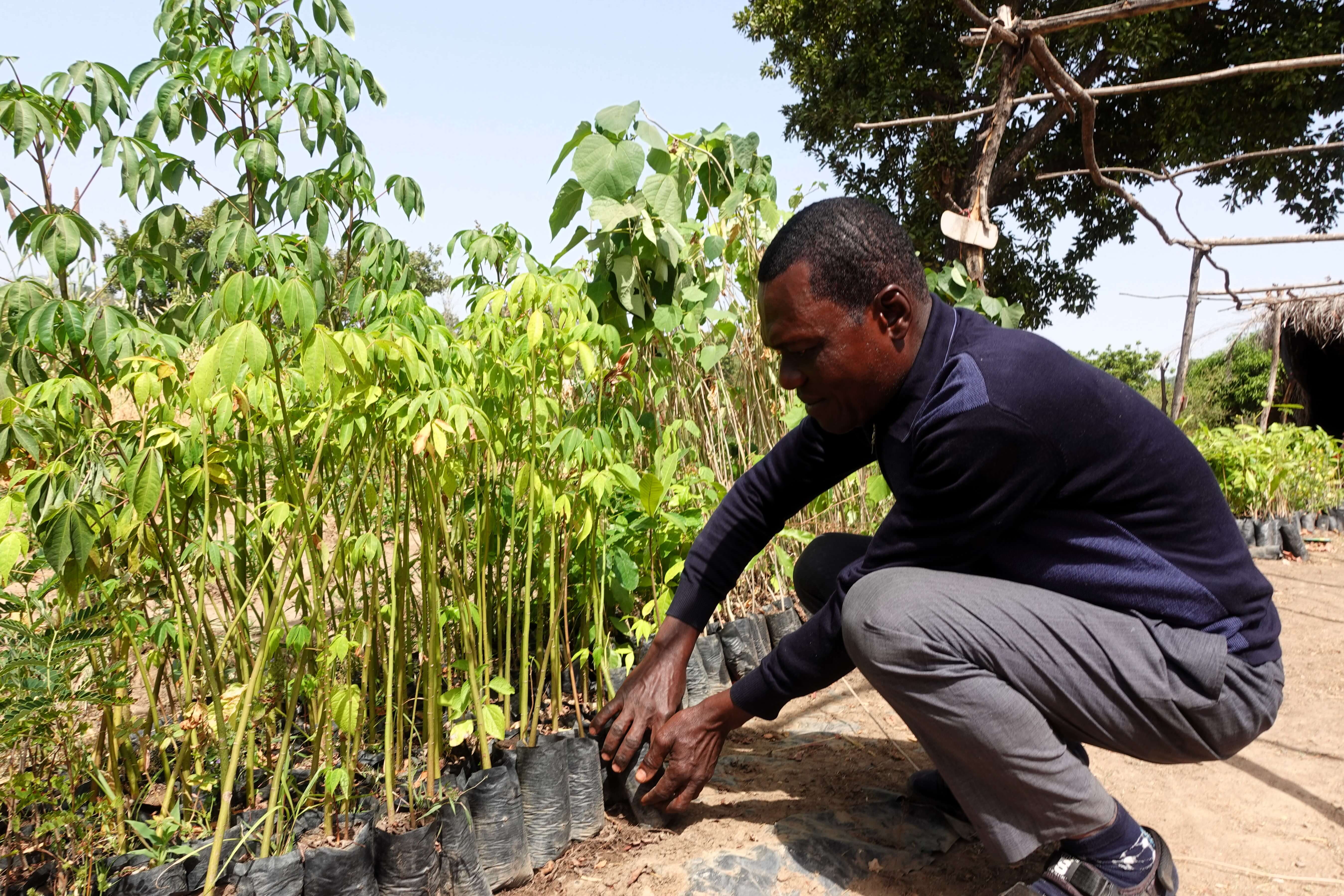
Management of sacred forests and strenghtening the resilience of local communities
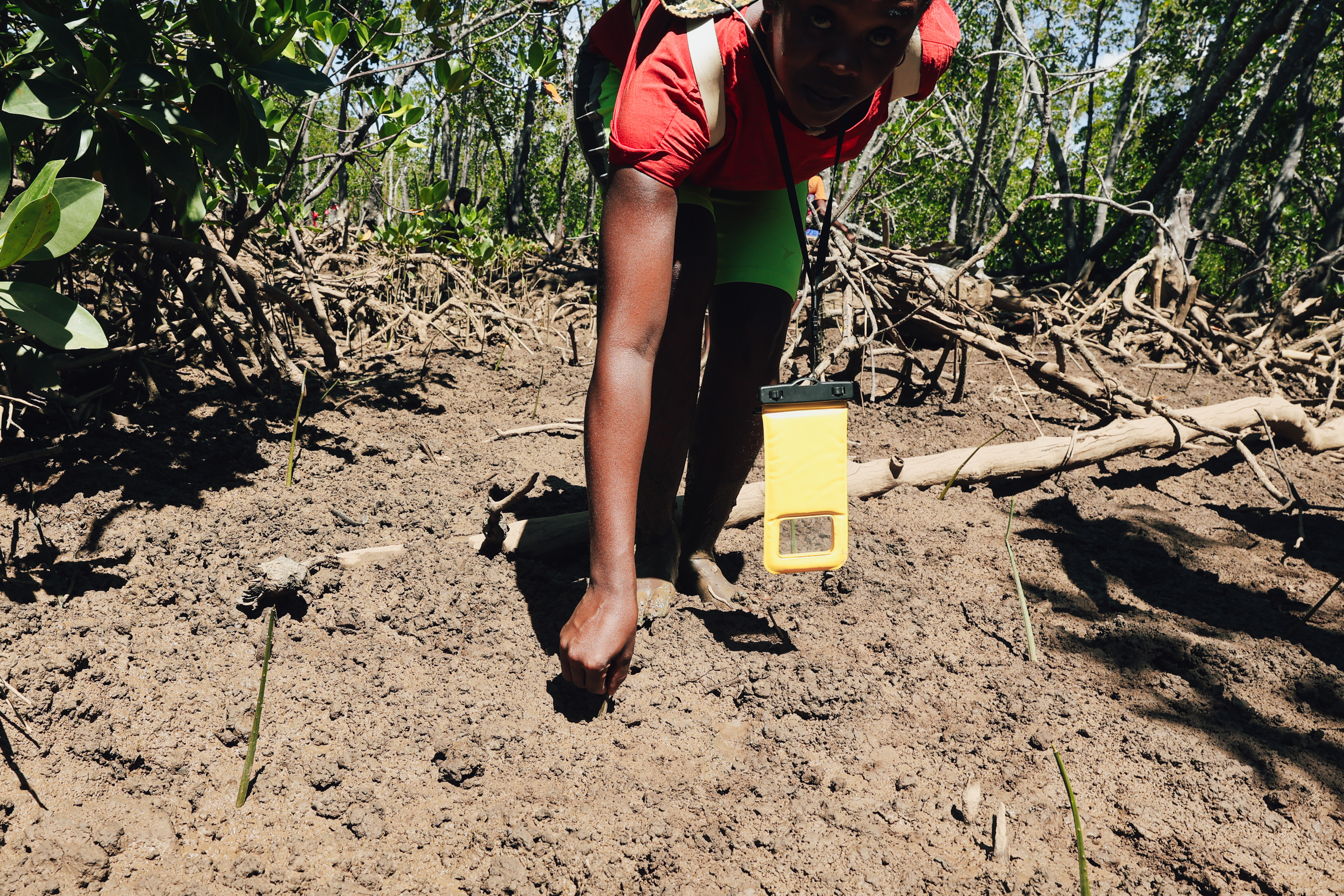
Restoration of degraded economic resilience and food security
Shade-Grown coffee production and preservation of the Amazon Rainforest
PROJECT IN DEPLOYMENT PHASE 1 | 2023-2026
Context
In northern Peru, the regions of San Martin and Amazonas are particularly affected by deforestation, mainly due to agriculture, which remains one of the primary drivers of forest habitat and biodiversity loss (119 bird species in Peru are on the IUCN Red List, including the marvellous spatuletail, found in Bongara province and near the district of Cuispes). Among the crops contributing to deforestation, coffee is one of Peru’s main agricultural exports (239,200 tons produced in 2024).
Objectives
The project offers a nature-based solution to preserve existing forests and their biodiversity, while contributing to the economic development of farmers through the production of high-quality coffee. It is based on the introduction of shade-grown coffee on beneficiaries' plots, under native trees that enhance crop performance and support reforestation of these areas. Following a successful one-year pilot phase, the project will be implemented over five years to support the organisation of producers into cooperatives and to promote the reforestation and protection of forest ecosystems in Cuispes, Amazonas, and the surrounding areas.
Edwin Vargas Araujou, member of the Cuispes Peasant Community
I would like to thank ECOAN and Planète Urgence for their technical support through conferences, workshops, and training sessions, as well as for their practical contributions, particularly on the design and layout of farms to ensure proper coffee planting.
2025 BUDGET : 209 273€
THE PROJECT'S SDGS




MAIN PARTNERS
Project funders


LOCAL PARTNER
co-developers of the project

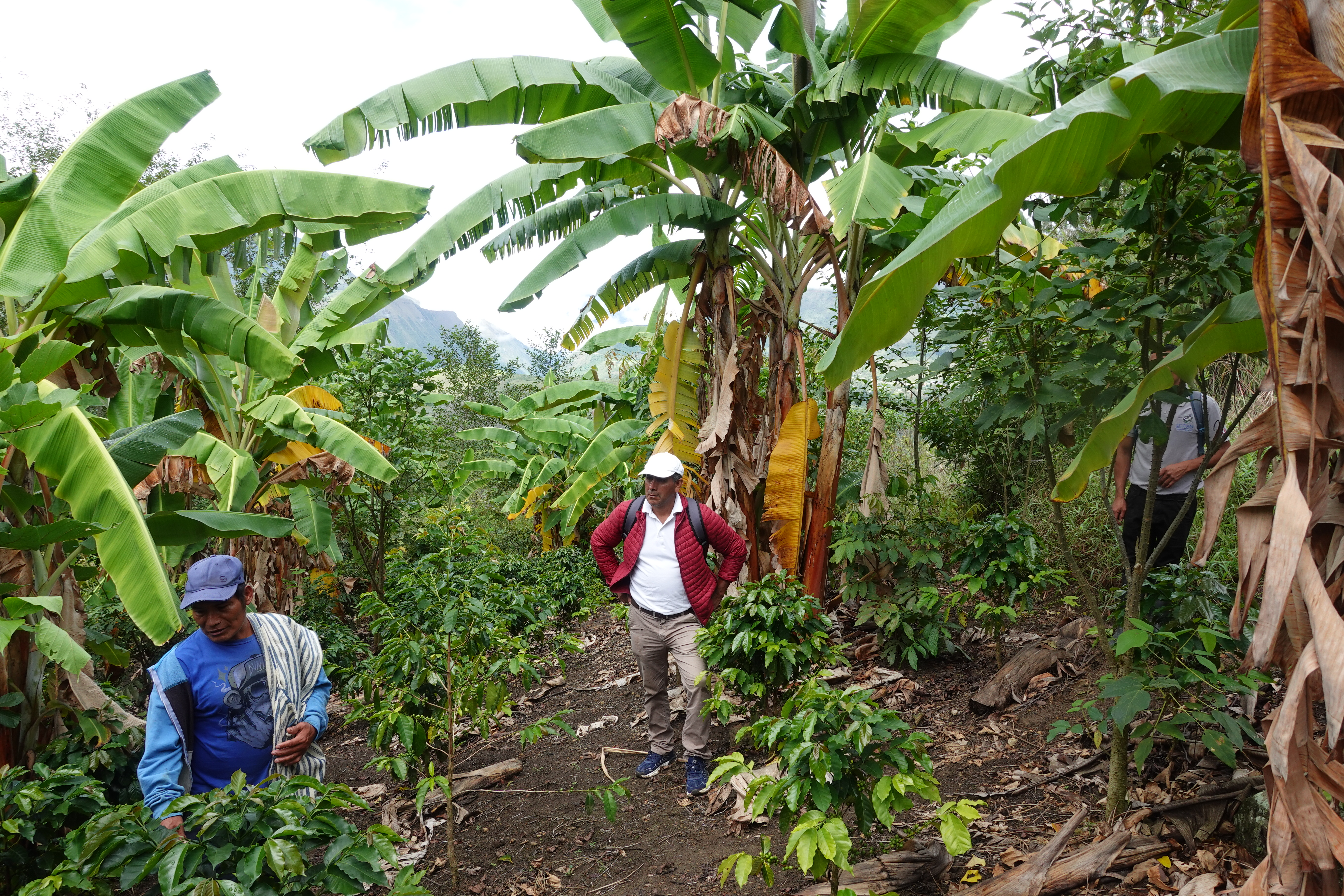
0 Trees planted
0 Direct beneficiaries
0 School reached
0 Trees planted
0 Hectares reforested
0 KGS of coffee produced
0 School reached
Creation of a 2,500-hectare Private Conservation Area (PCA) in partnership with local authorities
Implementation of local tourism in partnership with the Tourism Office
Possibility of adding plantations to the Por Venir nursery and involving more beneficiaries in the project
Creation of several coffee cooperatives
Management of sacred forests and strenghtening the resilience of local communities
PROJECT IN DEPLOYMENT PHASE 1 | 2023-2026
Context
Sacred forests are endogenous forms of conservation of natural resources and biodiversity in the world. They are areas protected on the basis of traditional endogenous beliefs in a sacred element residing within the forest. All sacred forests are characterised by the presence of a divinity who is a living or non-living element of nature (plant, animal) (a stone), or an entire ecosystem (a river). Benin has almost 2,900 sacred forests covering an area of 18,400 hectars.
But with demographic pressure and the growing need for arable land to expand agriculture (development of cash crops such as cotton, etc.), the need for wood energy (firewood and charcoal), particularly from urban communities, and extreme poverty in the villages, the exploitation and destruction of forest areas is accelerating. The erosion of the power of traditional chiefs and priests of divinity over the protection of these sacred forests is adding to the causes of their degradation.
Objectives
Management of sacred forests relies on four key levers: (a) restoring these forests through reforestation with indigenous species to preserve their sacred character, (b) developing economic alternatives to reduce pressure on the forests, (c) improving management by local communities, and (d) raising awareness of environmental protection issues across all social strata.
Fassassi, reforester at Alédjo-Partago - Bassila
"Thanks to the project, I've been able to plant some trees, and I think that in a few years' time these trees will grow, especially with all the techniques we've been taught to look after the trees properly. The GAPADOU project is the right project for our village, because it helps to better protect this forest, which is the soul of the village".
2025 BUDGET : 375 756€
THE PROJECT'S SDGS




MAIN PARTNERS
Project funders
.png)
LOCAL PARTNERS
co-developers of the project


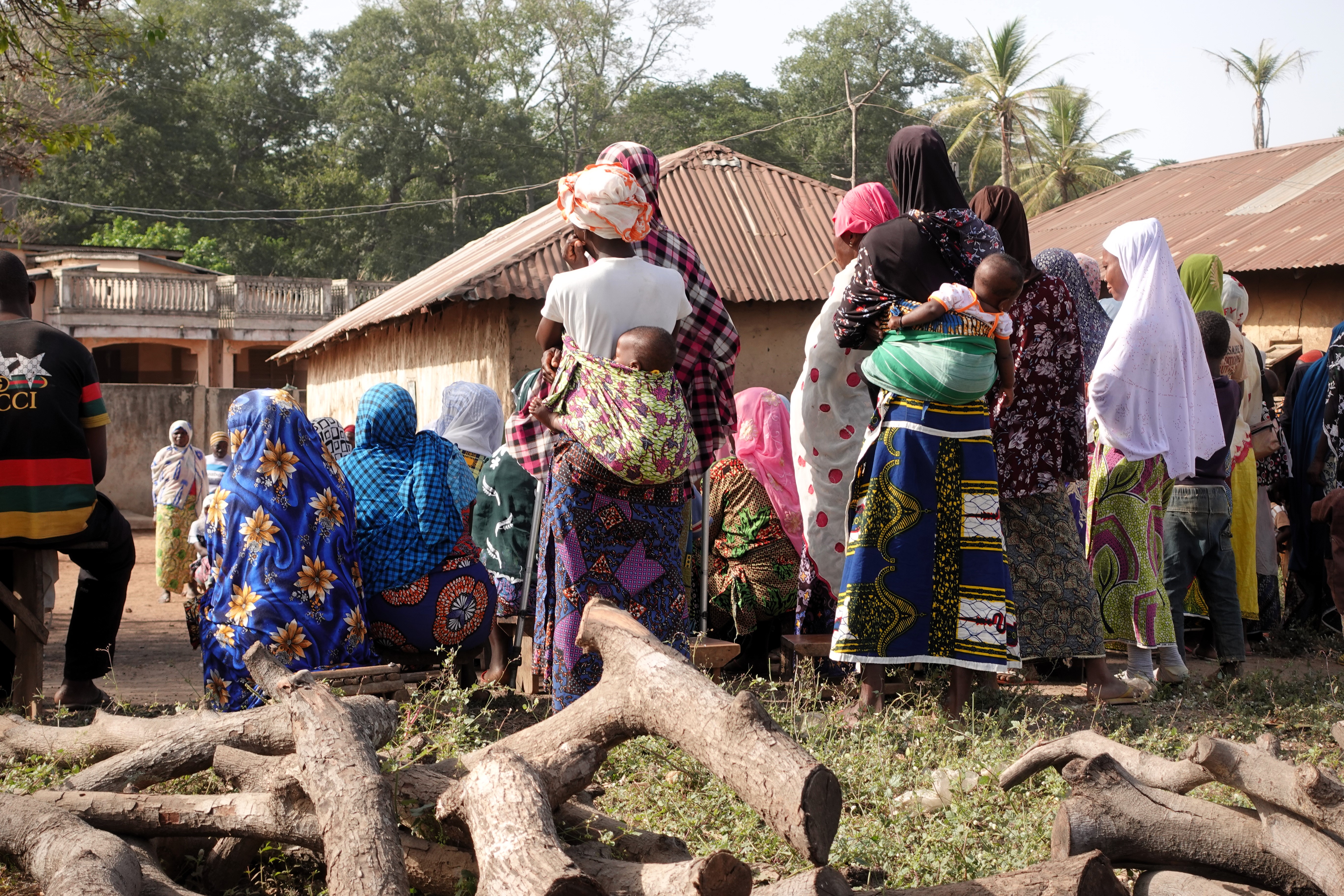
0 Trees planted
0 Direct beneficiaries
0 Teachers trained
0 Children reached
0 Trees planted
0 Hectares reforested
0Local management committees supported
0 New participating schools
Capacity building for nursery growers
Support for the development of IGAs for local women
Strengthening local sacred forest management committees
Restoration of degraded economic resilience and food security
PROJECT IN DEPLOYMENT PHASE 1 | 2023-2026
Context
The mangroves along the coast of the Analalava rural district are exploited for charcoal production and as timber. This irrational over-exploitation is damaging the reproductive balance of crustaceans and, more generally, of local biodiversity.
In addition, the adoption of inappropriate fishing techniques has led to a significant decline in fish stocks. Furthermore, being far from the major towns, fishermen are forced to comply with the prices set by collectors, which are often very low compared with the effort and fishing time they allocate.
Objectives
To restore mangroves and support the development of local economic sectors, in order to tackle the problem of food insecurity in fishing communities linked to the destruction of mangroves.
Monsieur Armand, beneficiary of the MOSOTRY project
"There are no bees left in the region due to the retreat of the forests, and pollination on plantations is increasingly poor. We need support to develop beekeeping and reforestation. Planète Urgence is there to support us".
2025 BUDGET : 224 242€
THE PROJECT'S SDGS





MAIN PARTNERS
Project funders





LOCAL PARTNER
co-developers of the project
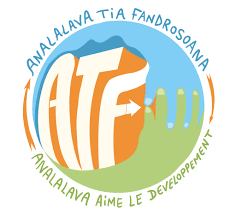
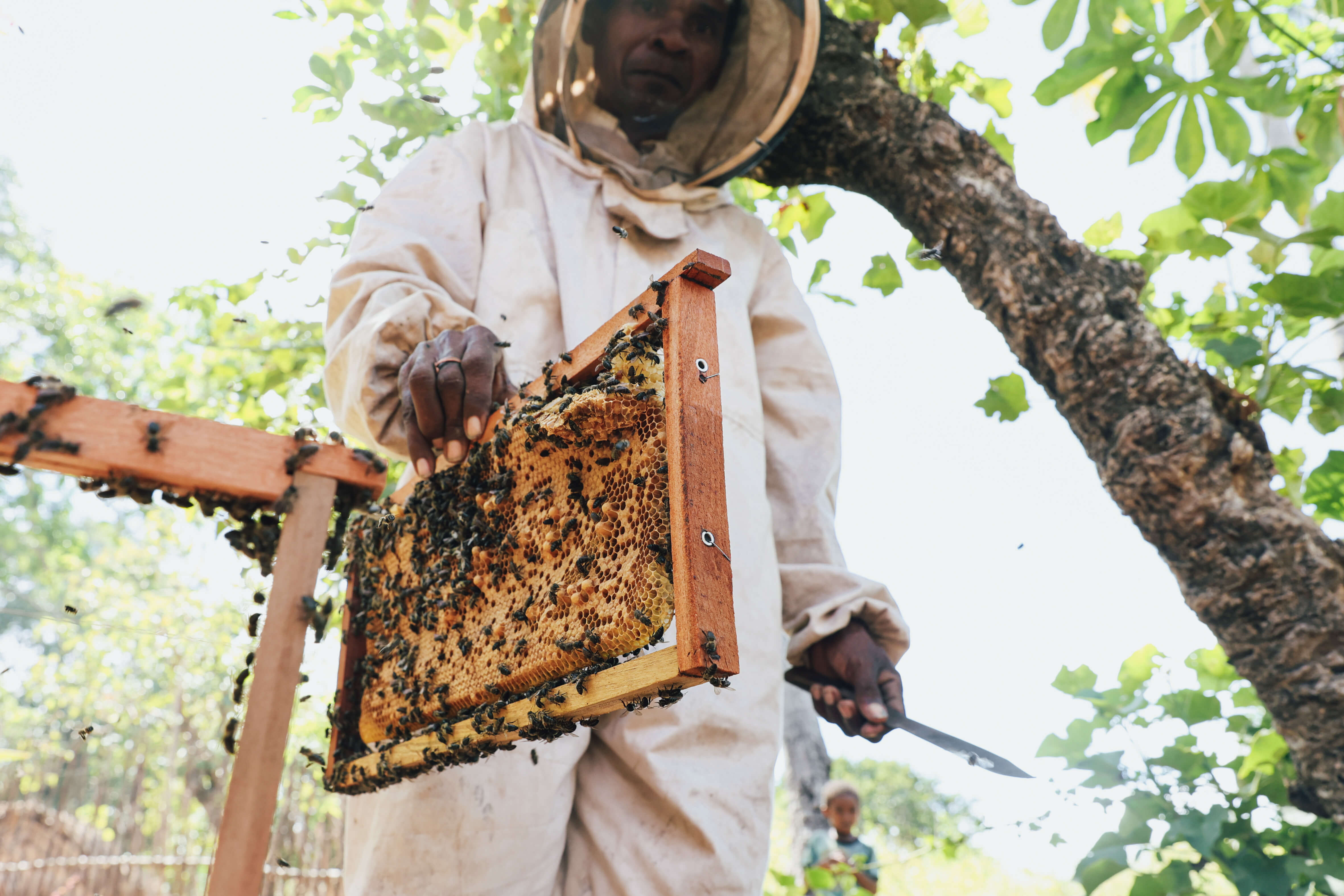
0 Trees planted
0 Hectares reforested
0 Direct beneficiaries
0 Children reached
0 Trees planted
0 Hectares reforested
0 Reforesters trained
0 New VOIs set up
Diagnosis in a new area further south
Development and training in technical and economic guidelines for IGAs
Possibility of adding plantations to the Por Venir nursery and bringing more beneficiaries into the project
Capacity-building for VOI management and frameworks for consultation with institutions
